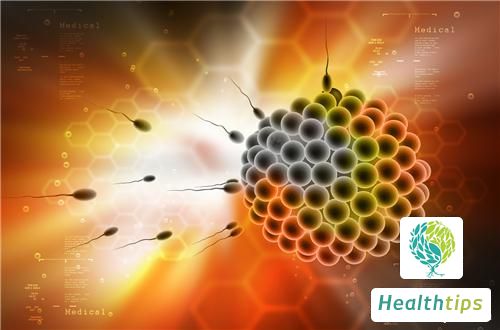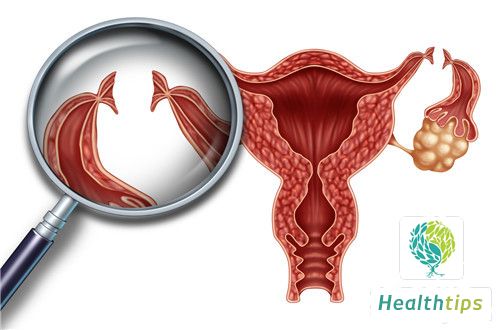"What Symptoms Indicate Calcium Deficiency in Elderly Individuals, and What Foods Should They Incorporate to Elevate Calcium Levels?"
Calcium Deficiency in the Elderly: Symptoms and Food Sources
Calcium is a crucial trace element for human health. A deficiency in calcium can have significant consequences, potentially leading to osteoporosis. Elderly individuals, with their weaker constitution, must be vigilant against calcium deficiency. Therefore, it is essential to understand the symptoms of calcium deficiency in the elderly and promptly address them through dietary supplementation. Let's delve into the symptoms and dietary sources of calcium for the elderly.

Symptoms of Calcium Deficiency in the Elderly
1. Calcium deficiency in the elderly is often manifested through other metabolic diseases. Prolonged deficiency can result in bone calcium loss, leading to osteoporosis, bone hyperplasia, fractures, and other conditions. Symptoms such as loss of appetite, emotional indifference, fatigue, joint pain, constipation, irregular heart rate, drowsiness, bone pain, itching, and numbness in hands and feet are all associated with calcium deficiency in the elderly.
2. The most prominent symptom of calcium deficiency in the elderly is osteoporosis. This occurs due to the degenerative changes in bones, where bone destruction exceeds bone formation, leading to progressive bone loss. Calcium being the primary mineral in bones, osteoporotic elderly individuals often experience generalized pain (predominantly aching), discomfort, muscle cramps, weakness, numbness, reduced height, and fatigue. Pain, particularly in the neck, shoulders, waist, back, and knees, is often dull and intermittent, worsening suddenly but alleviating with rest. Symptoms tend to worsen in the morning and improve slightly with mild activity but worsen significantly with excessive activity or fatigue.
Food Sources for Calcium Supplementation in the Elderly
1. Sesame Paste: Among daily foods, sesame paste is the richest in calcium, with 1057 mg per 100 grams. Rich in proteins, amino acids, vitamins, and minerals, sesame paste is highly beneficial for bone and teeth development. Additionally, it contains abundant lecithin, which helps prevent premature graying or hair loss.
2. Cheese: Dairy products are excellent sources of calcium, and cheese is particularly rich in it, with approximately 659 mg per 100 grams. Cheese calcium is easily absorbed by the body. Cheese also enhances immunity, promotes metabolism, and increases vitality. While it is high in fat and calories, cheese has low cholesterol levels, beneficial for cardiovascular health.
3. Milk: Milk is highly nutritious and rich in minerals, including calcium, phosphorus, iron, zinc, copper, manganese, and molybdenum. Whole milk, commonly consumed, contains fat-soluble vitamins K, A, and E. Due to its convenience, milk is often the preferred choice for calcium supplementation.
4. Mustard Greens: With 294 mg of calcium per 100 grams, mustard greens are also rich in vitamins A, B, C, and D. They contain abundant ascorbic acid, a potent reducing agent involved in essential redox processes, enhancing oxygen utilization in the brain, refreshing the mind, and alleviating fatigue.
5. Seaweed and Dried Shrimp Skins: High in calcium, consuming 25 grams of seaweed or dried shrimp skins daily can provide 300 mg of calcium. They also help lower blood lipids and prevent atherosclerosis. Cooking seaweed with meat or having it as a salad, and using dried shrimp skins in soups or fillings are excellent daily calcium sources.



















